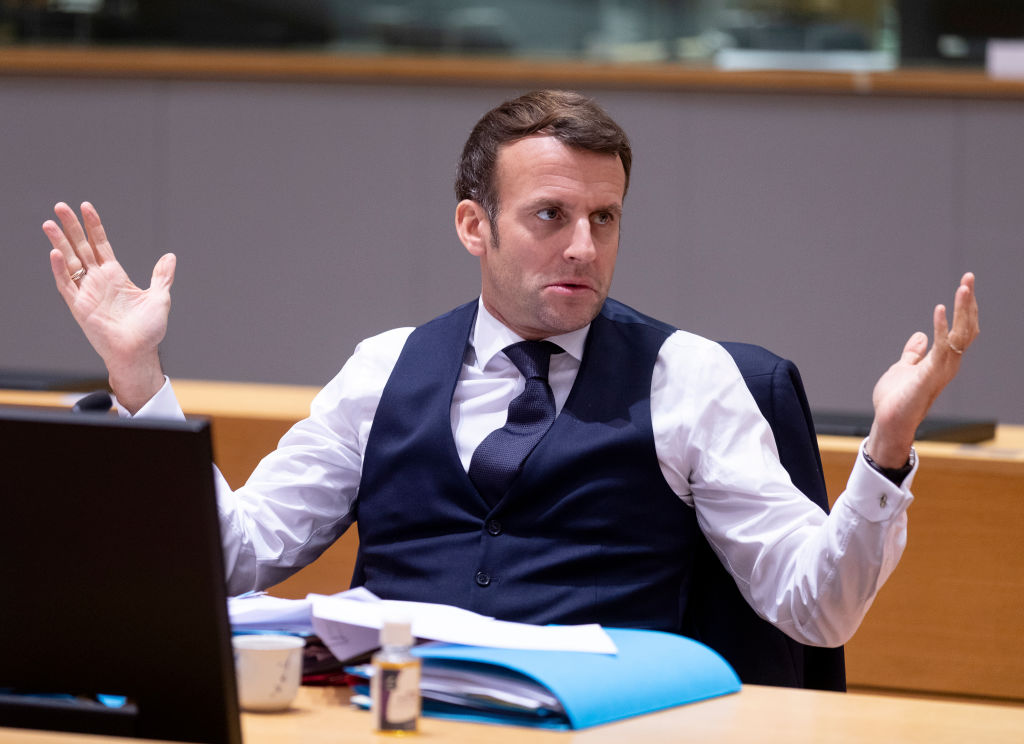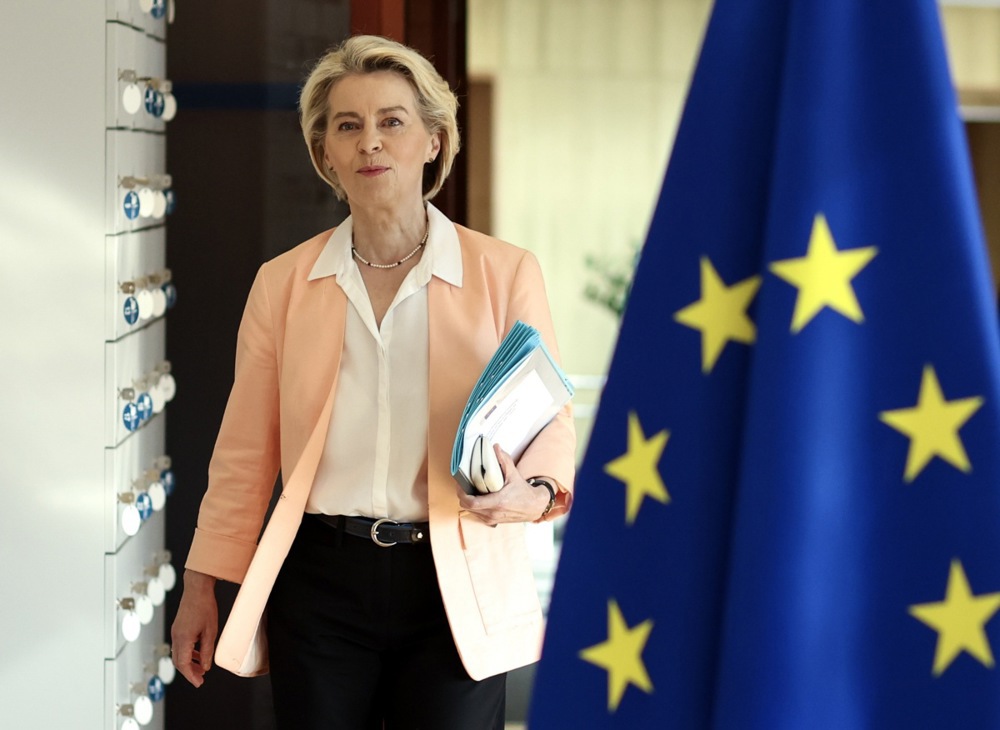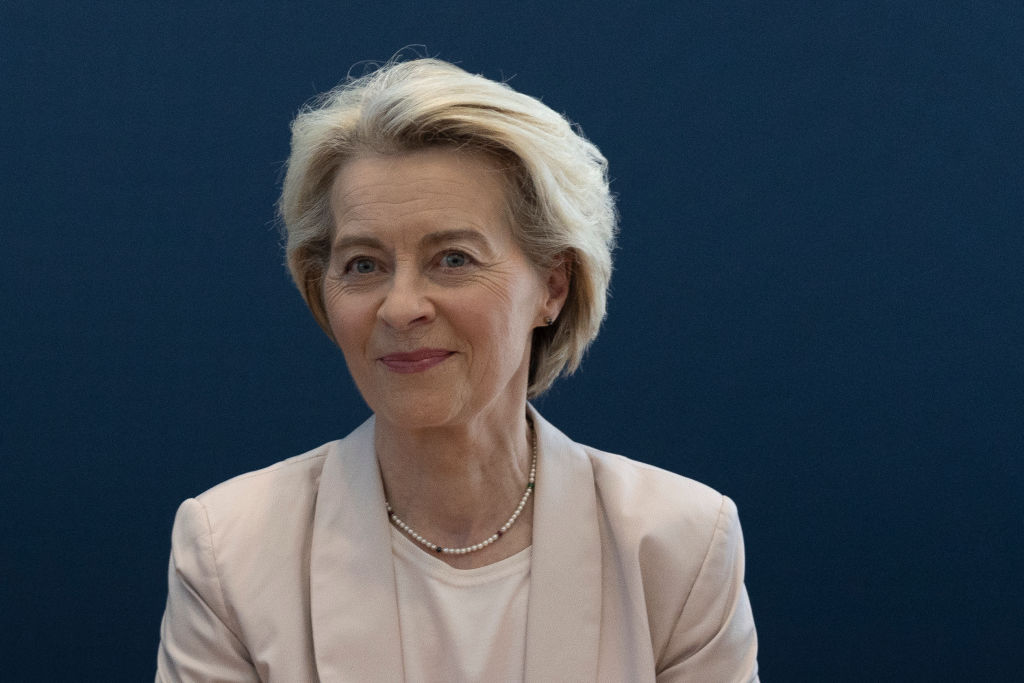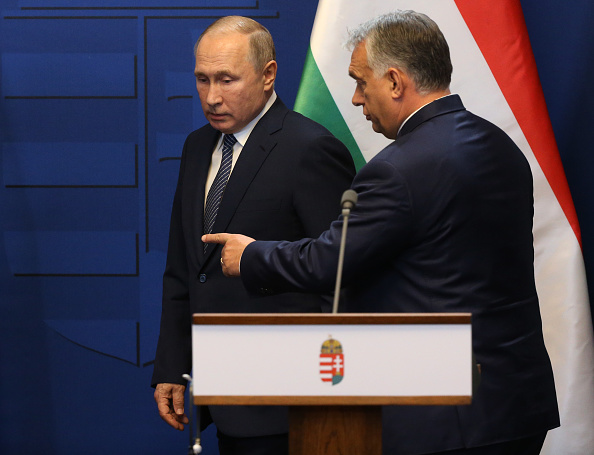EU leaders have expressed annoyance over “peace trips” to Ukraine, Russia and China undertaken by Hungarian Prime Minister Viktor Orbán.
Using the presidency of the European Union as justification, Orbán is currently undertaking an international tour to promote peace in Ukraine.
Initial responses to the tour had been positive; Brussels and Washington were pleasantly surprised when Orbán went to Kyiv on July 2, right after Hungary took up the mantle of the European Union presidency, his first visit since the outbreak of the war.
In Ukraine, Orbán asked Zelensky to consider a ceasefire, which would give more room for peace talks.
“A ceasefire connected to a deadline would give a chance to speed up peace talks. I explored this possibility with the president, and I am grateful for his honest answers and negotiation,” Orbán said about his conversation with the Ukrainian president. French President Macron recently also proposed a ceasefire, using the Olympic Games as a reason.
Orbán further expressed his intention to mend ties between Hungary and Ukraine, which have deteriorated since the war.
In the framework of the Presidency of the Council of the European Union, my first trip took me to Kyiv today, as the issue of peace is important not only for the security of Ukraine, but for the security of Europe as a whole. #HU24EU @ZelenskyyUa pic.twitter.com/P35J04At7B
— Orbán Viktor (@PM_ViktorOrban) July 2, 2024
However, any goodwill created by this trip was soon undone when Orbán travelled on to visit Russian President Vladimir Putin in Moscow, with some perceiving the Hungarian leader as being too willing to sit down with the Kremlin.
“The EU rotating presidency has no mandate to engage with Russia on behalf of the EU. The European Council is clear: Russia is the aggressor, Ukraine is the victim. No discussions about Ukraine can take place without Ukraine,” Charles Michel, outgoing President of the European Council, said when he heard of Orbán’s intentions.
“Appeasement will not stop Putin. Only unity and determination will pave the path to a comprehensive, just and lasting peace in Ukraine,” Ursula von der Leyen, President of the European Commission, reacted.

EU foreign policy chief Josep Borrell also stressed the lack of any European mandate for this diplomatic trip.
“For our country, the principle of ‘no agreements on Ukraine without Ukraine’ remains inviolable and we call on all states to strictly adhere to it,” Ukraine’s foreign ministry said in a statement.
Orbán stressed that “if one really wants to end the war, you need to restore communication channels.”
“Even if the rotating EU Presidency has no mandate to negotiate on behalf of the EU, we cannot sit back and wait for the war to miraculously end. We will serve as an important tool in making the first steps towards peace,” Orbán said.
“We Europeans – all of us, those who are in favour of the continuation of the war, those who are in favour of peace – we will be in trouble, because we will be left out from the deal which will be made without the Europeans and then we will have to pay the price and that will be devastating for all the governments.”
On the same day, Orbàn published an opinion piece in Newsweek, explaining that NATO should pursue peace, not war.
Putin has reiterated his demands for a withdrawal of Ukrainian troops from the annexed territories.
Orbán then travelled on to Beijing to speak with Chinese President Xi Jinping, describing the visit as his “peace mission 3.0.”
#China is a key power in creating the conditions for #peace in the #RussiaUkraineWar. This is why I came to meet with President Xi in Beijing, just two months after his official visit to Budapest. #HU24EU #peacemission pic.twitter.com/6UcFkb4ynQ
— Orbán Viktor (@PM_ViktorOrban) July 8, 2024
Chinese media report that “the two sides exchanged in-depth views on the Ukraine crisis.”
Orbán called China “a key power in creating the conditions for peace in the Russia-Ukraine war.”
“Xi stressed that an early ceasefire and a political settlement are in the interests of all parties, saying that the priority is to cool down the situation through observing the three principles of no expansion of the battlefield, no escalation of fighting, and no fanning by any party of the flames,” Xinhua writes.
Beijing has been repeatedly accused of providing critical components for the Kremlin’s war machine. Since Russia invaded Ukraine, trade between Russia and China has grown.
Germany’s Vice Chancellor Robert Habeck, whose country has an increasingly difficult trading relationship with China, said on July 8 that Orbán does not speak for Europe and that Hungary’s politics often do not represent the core of EU thinking.
Ukraine has meanwhile accused China of sending components of military equipment to Russia.
Also on July 8, Russia hit a children’s hospital in Kyiv. More than 40 missiles of various types were shot at different cities: Kyiv, Dnipro, Kryvyi Rih, Slovyansk, and Kramatorsk.
The Okhmatdyt Children’s Hospital in Kyiv is Ukraine’s biggest children’s medical facility.
The casualty count from the strike is reportedly unknown.
Okhmatdyt Children's Hospital in Kyiv. One of the most important CHILDREN’S hospitals not only in Ukraine, but also in Europe. Okhmatdyt has been saving and restoring the health of thousands of children.
Now that the hospital has been damaged by a Russian strike, there are… pic.twitter.com/TmRlUmSBri
— Volodymyr Zelenskyy / Володимир Зеленський (@ZelenskyyUa) July 8, 2024





